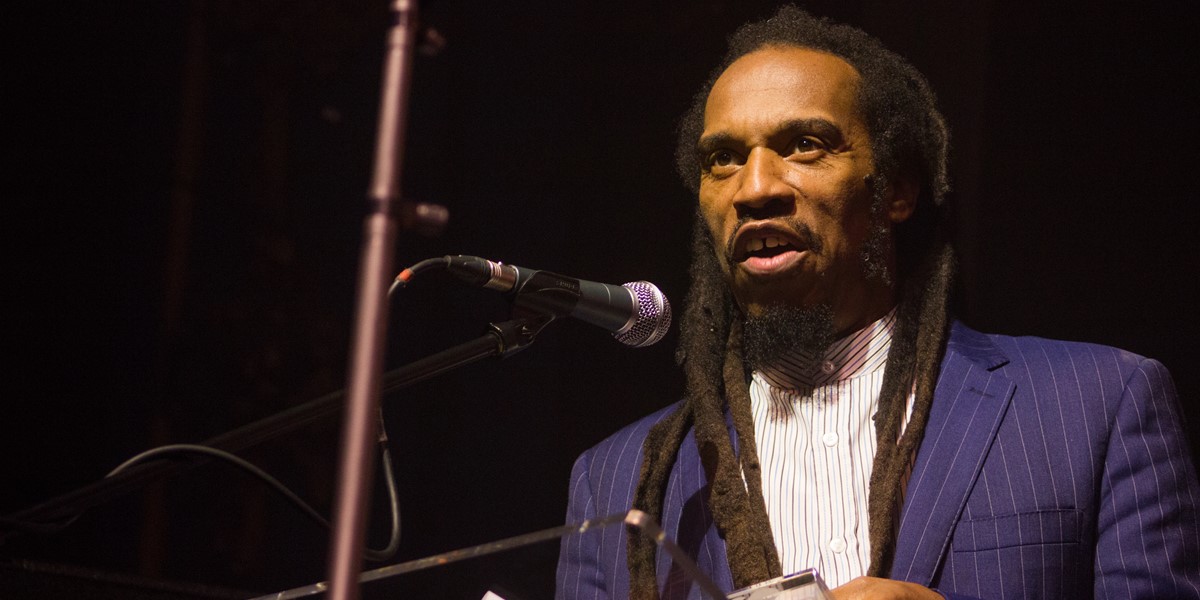Thursday, December 14, 2023
My World: Benjamin Zephaniah
Following the sad news of Benjamin Zephaniah's (1958-2023) death we wanted to publish our interview with the much-loved poet from December 2007 (#48), when we discussed his love of music at length.

Tom Askew-Miller

Register now to continue reading

Thanks for visiting the Songlines website, your guide to an extraordinary world of music and culture. Sign up for a free account now to enjoy:
- Free access to 2 subscriber-only articles and album reviews every month
- Unlimited access to our news and awards pages
- Our regular email newsletters

